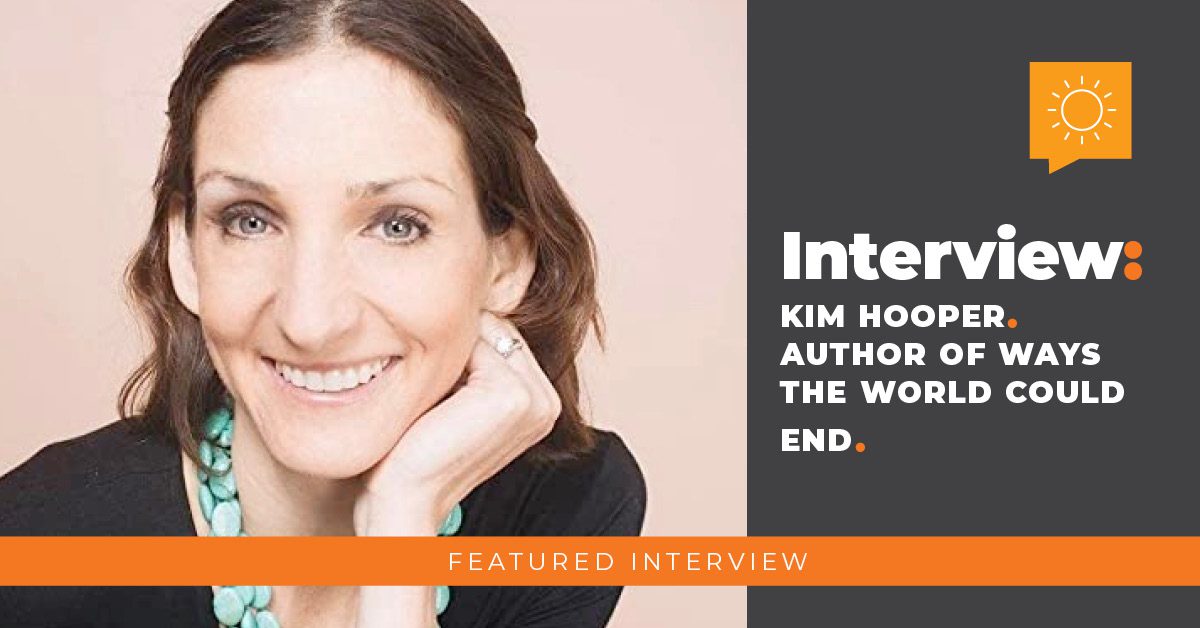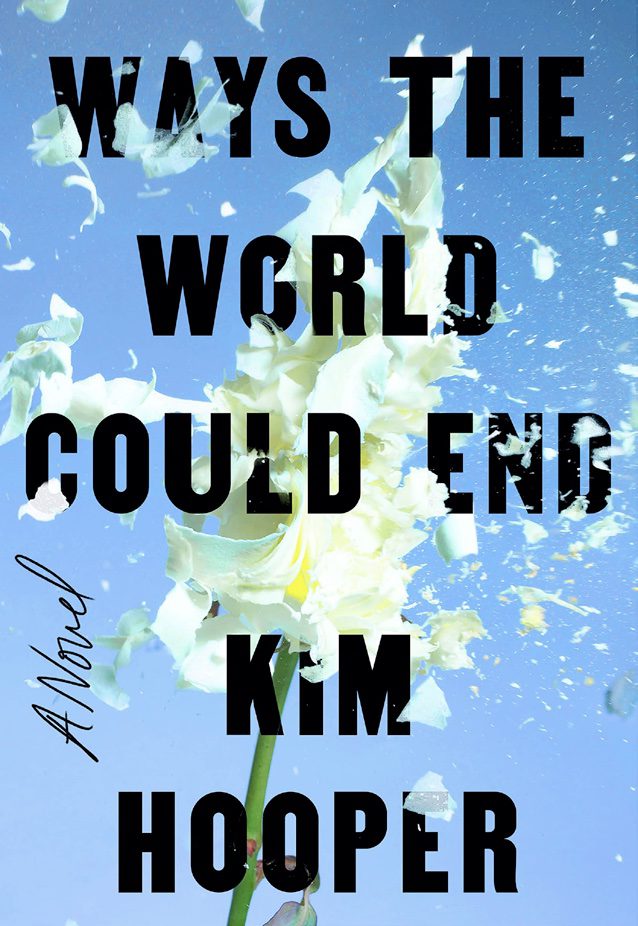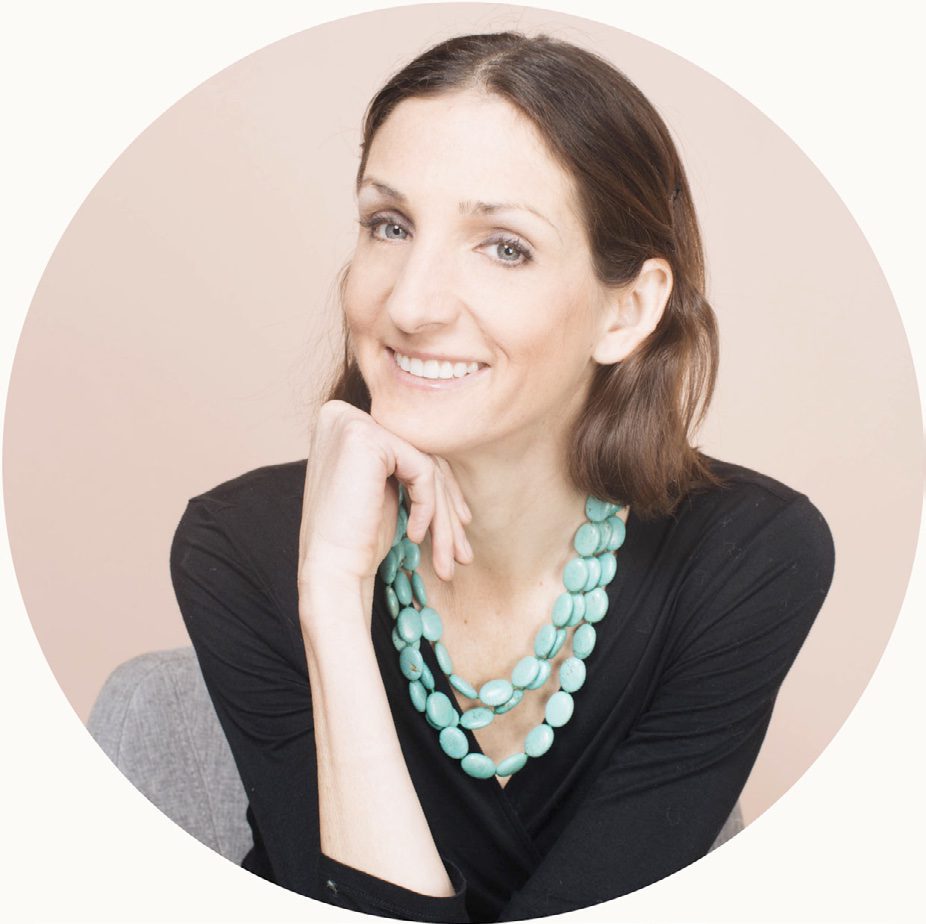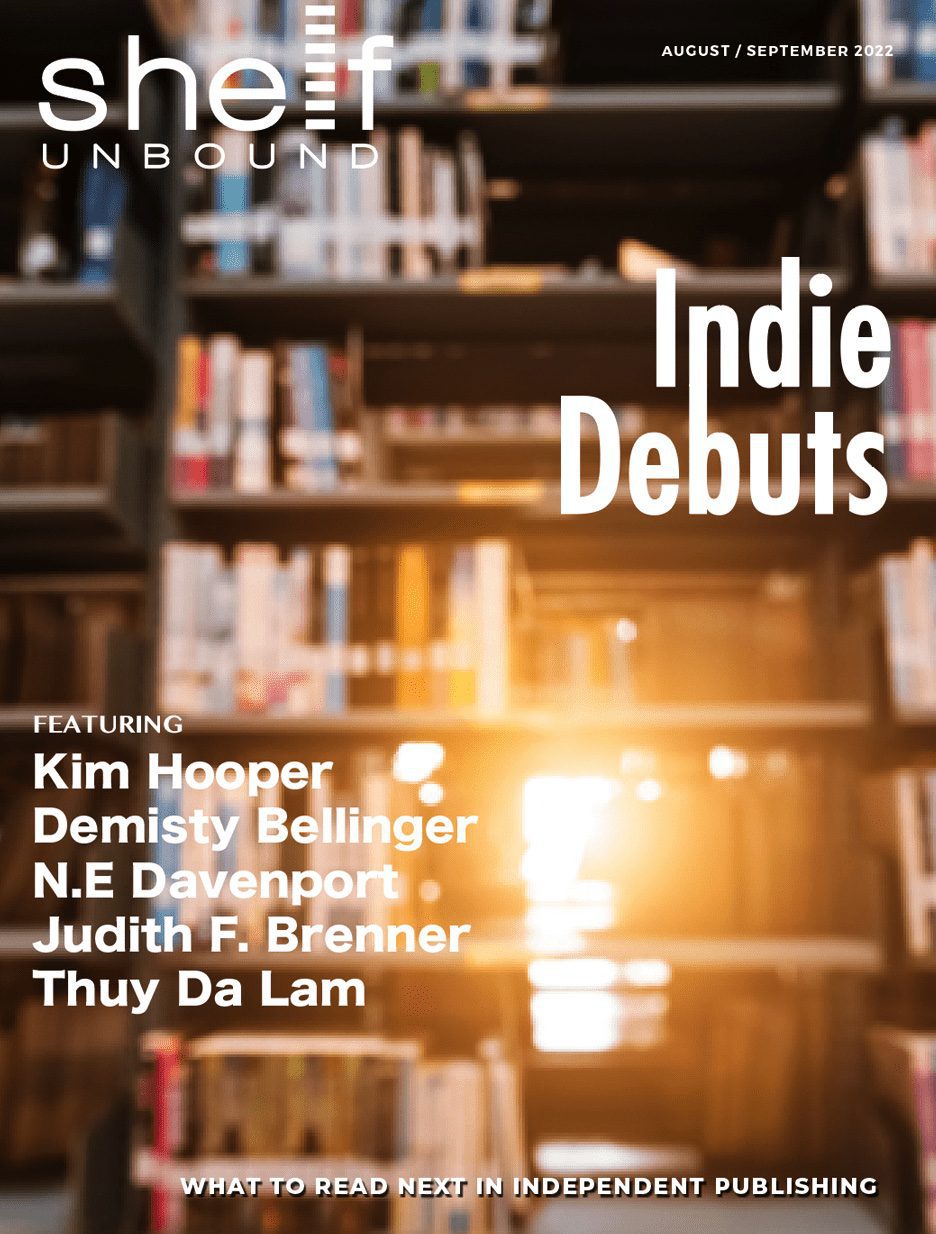By Michele Mathews


Having worked in schools for nearly 30 years, I’ve been around students with autism and Asperger’s. So, when I saw that Kim Hooper’s Ways the World Could End had a character with Asperger’s, I wanted to know more about the author and the book. Kim shared her thoughts not only about her personal experience with Asperger’s but her novel, too.
Tell me a bit about yourself, including what made you want to be an author.
KH: To be honest, I never really thought about wanting to be an author. I started writing from a very early age— seven or eight, I think. Writing was (and still is) my way of making sense of the world around me and processing various feelings and experiences. As I got older, I felt a natural desire to share my work with more people, and it seemed like publishing was the way to do that on a bigger scale. So I guess now I’m an author!
You say Ways the World Could End is your “pandemic novel”. Explain what you mean by that.
KH: Well, I wrote it during the pandemic, and it was largely inspired by this sense of doom I was feeling during those early months. Dave, one of the main characters in the book, is a doomsday prepper, and through him I was able to confront my own anxieties about the fragile state of the world.
The main character Dave talks about asteroids hitting the earth. How much research did you do for ways the world could end?
KH: I did a lot of research! I tend to do a fair amount of research for each of my novels, and the research for this one was probably the most interesting of all. I researched various astronomical events and natural disasters. Weirdly, I felt less fearful. I just realized how little control we have as human beings, how much we need to surrender. Writing this book gave me a lot of perspective on the very small window of history in which we are living.
Dave is based on your personal experience. Were you thinking of someone in particular for the character of Cleo, Dave’s daughter?
KH: Cleo was not inspired by any one person in particular. I suppose I was channeling a bit of my own teenage self. Someone asked me, “How do you write teenage girls so well?” I said, “Uh, I was one!”
Before your husband’s diagnosis, would you have thought to write a novel with a character who has Asperger’s?
KH: No! I really didn’t know much about Asperger’s before he was diagnosed (in 2020). Embarrassingly, I was guilty of many misconceptions. I read many, many books about it to try to understand the autistic brain better. It’s fascinating, really. My husband and I are actually no longer together, but the process of learning more about his brain wiring was invaluable as we figured out our relationship. This book feels very personal for that reason.
You write mostly literary fiction, which is typically written in third person, past tense. Why did you decide to use first person, present tense, for this novel?
KH: Good question. I have no idea. Ha. I probably should put more deliberate thought into these things, but I tend to just write in a way that feels right, and that’s what felt right for this novel. I do enjoy first person because I feel like it creates more intimacy between the reader and the characters. I enjoy reading first person novels myself, so I’m sure that influenced me here.
How do you feel about releasing a novel featuring a parent with Asperger’s?
KH: I can’t say I’ve read any novels featuring a parent on the autism spectrum. I’m all about inclusivity and representing different types of people in fiction. We need more of that. Neurodiversity is coming out into the open more and if my book can help facilitate people’s understanding of autism, great. There are so many misconceptions out there. The spectrum is huge, and it’s very likely that many of us know multiple people on it.
If you had to choose your favorite novel out of the six you’ve written, which one would you choose and why?
KH: Oh, wow, that’s hard. Each one has been my favorite at different times. My first novel, People Who Knew Me, holds a special place in my heart because it made me a published author. I love the story too. I’m most proud of All the Acorns on the Forest Floor because it’s a really unique structure, like a puzzle, and I’m still not sure how I came up with that. Dave and Cleo in Ways the World Could End are definitely two of my favorite characters.
Are you currently working on a new novel? If so, can you give tell us a bit about it?
KH: I am working on something new and hoping to have a first draft done by summer. I’m terrible at discussing novels as I’m writing them. I have no elevator pitch yet. Thematically, it’s about marriage and motherhood and the various roles women often play.

About the Author
Kim Hooper’s debut novel, People Who Knew Me, was published in 2016 and hailed by the Wall Street Journal as “refreshingly raw and honest.” Publishers Weekly wrote about her second novel, Cherry Blossoms (2018), “Hooper gives familiar themes of loss and redemption fresh and inviting life.” Her third novel, Tiny (2019), was awarded the Silver in the General Fiction category of the 2019 INDIE Awards by Foreword Reviews. All the Acorns on the Forest Floor (2020), “a stirring series of stories interwoven by the common threads of human frailty and the complexities of relationships” (Suzanne Redfearn) was a 2020 Foreword INDIE finalist. Kim’s fifth novel, No Hiding in Boise (2021), was a 2021 Indie Next Pick and was named a 2021 Great Group Read by the Women’s National Book Association.

[cm_page_title title=”Continue Reading” subtitle=” Shelf Unbound”]
Article originally Published in the August / September 2022 Issue: Indie Debuts.
